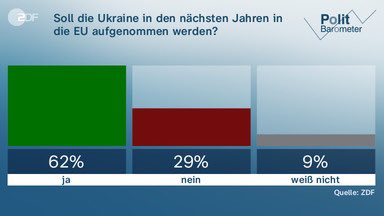
Was curious whether #hydro power in Europe will make a comeback in 2023 (after a bad 2022), so I wrote a little explainer. economist.com/the-economist-…
European #water reservoir levels in 2022 were very low. They are slowly recovering, in part because policy forced a refill. 



The shortfall of #hydro power is remarkable, 112 TWh less to date in 2022 than in 2021. And this is largely a flexible source of generation that often drives out marginal plants like #gas. 

Weather remains key. The warmer and wetter this winter is, the better. Plenty of snowfall in the Alps, especially in hard-hit #Italy, would help (but only in the spring when it starts melting).
The #hydro potential in Europe is largely exploited, new plants are unlikely. But existing ones can be upgraded, as many of them are very old. That allows several %points more electricity per drop of water.
Such upgrades also help making #hydropower (even) more flexible–in terms of speed with which generation can be changed, important for grid management, and in extending the range between min and max power generation.
• • •
Missing some Tweet in this thread? You can try to
force a refresh










